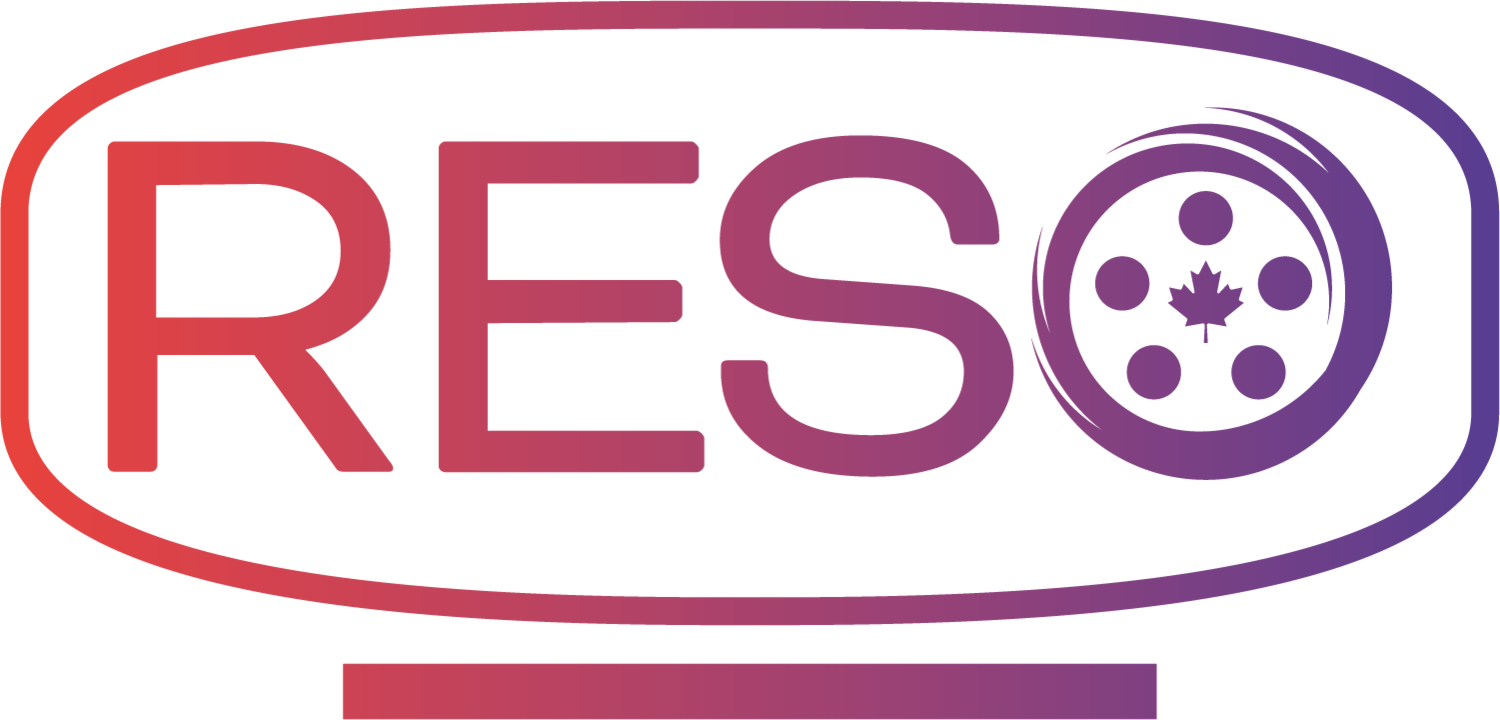Appendix A – Glossary Terms and Definitions
ACCOUNTING/FINANCIAL:
The candidate has experience with, or can demonstrate knowledge or expertise in, accounting, financial management, or audits. This may include analyzing and interpreting financial statements, evaluating organizational budgets, and understanding financial reporting. An accounting designation may be considered an asset.
BUSINESS/MANAGEMENT:
The candidate has experience with, or can demonstrate knowledge or expertise in, sound management and operational business processes and practices in the private or public sector. This competency may include an understanding of topics such as managing complex projects, leveraging information technology, planning and measuring performance, organizational development, and allocating resources to achieve outcomes.
COMMUNITY/STAKEHOLDER RELATIONS:
The candidate has experience with, or can demonstrate knowledge or expertise of, the community or communities the organization serves, including the stakeholder landscape affecting the organization. This may include a demonstrated capacity to build networks and foster trusting relationships with communities and stakeholders.
CRITICAL THINKING/PROBLEM SOLVING:
The candidate demonstrates an ability to apply critical thinking to creatively assess situations and to generate novel or innovative solutions to challenges facing the board.
DIGITAL/USER EXPERIENCE:
The candidate has experience with, or can demonstrate knowledge or expertise in, information technology and architecture. This may include knowledge of digital strategies, tools, and design to achieve both strategic and programmatic objectives of an organization. A credential or designation may be an asset.
FUNDRAISING KNOWLEDGE:
The candidate has experience with, or can demonstrate knowledge or expertise of the development of fundraising campaigns including support for campaign committees. This may include an understanding of trends, challenges and opportunities, or unique dynamics relevant to the organization's objectives.
GOVERNANCE:
The candidate has experience with, or can demonstrate knowledge or expertise in, board governance in the private, public, and/or voluntary/non-profit sector. The applicant has a clear understanding of the distinction between the role of the board versus the role of management. Governance experience could be acquired through prior board or committee service, reporting to/working with a board as an employee.
GOVERNMENT/PUBLIC POLICY:
The candidate has experience with, or can demonstrate knowledge or expertise of, the broader public policy context affecting the organization. This may include the strategic priorities of the government and the relationship between those priorities and the work of the organization.
HUMAN RESOURCES:
The candidate has experience with, or can demonstrate knowledge or expertise in, strategic human resource management. This may include workforce planning, employee engagement, succession planning, organizational capacity, compensation, and professional development. Depending on the public agency, knowledge or expertise in performance management and evaluation may be a related asset.
INTERCULTURAL UNDERSTANDING:
The candidate demonstrates an ability to communicate and behave in appropriate ways with those who are culturally different and understands cultural sensitivities of the communities the organization is working within—and to co-create shared spaces, teams, and organizations that are inclusive, effective, innovative, and satisfying.
INTERGENERATIONAL UNDERSTANDING:
The candidate demonstrates an ability to communicate and behave in appropriate ways with those who are of different generations within the diverse communities served.
LEADERSHIP/TEAMWORK:
The candidate demonstrates an ability to inspire, motivate, and offer direction and leadership to others. The candidate also demonstrates an understanding of the importance of teamwork to the success of the board. This may include an ability to recognize and value the contributions of board members, staff, and stakeholders.
LEGAL/REGULATORY:
The candidate has experience with, or can demonstrate knowledge or expertise in, legal principles, processes, and systems. This may include interpreting and applying legislation, experience with adjudicative or quasi-judicial hearings or tribunals, or an understanding of the legal dimensions of organizational issues. Must hold current membership in the BC Law Society and be a practicing lawyer.
MARKETING/COMMUNICATIONS:
The applicant has experience with, or can demonstrate knowledge or expertise in, communications, public relations or interacting with the media. This may include knowledge of effective advocacy and public engagement strategies, developing key messages, crisis communications, or social media and viral marketing.
RESEARCH/HISTORY:
The candidate has experience with, or can demonstrate knowledge or expertise in, research and history. This may include an understanding of developing research, policy papers, studies, and reports in a related area. This competency may also include experience or knowledge of marginalized Canadians, their history and culture, in all its diversity. An advanced degree in the humanities or social sciences may be considered an asset.
RISK MANAGEMENT:
The candidate has experience with, or can demonstrate knowledge or expertise in, enterprise risk management. This may include identifying potential risks and recommending and implementing preventive measures.
STRATEGIC THINKING/PLANNING:
The candidate demonstrates an ability to think strategically about the opportunities and challenges facing RESO and to engage in short, medium, and long-range planning to provide high-level guidance and direction for the organization.
